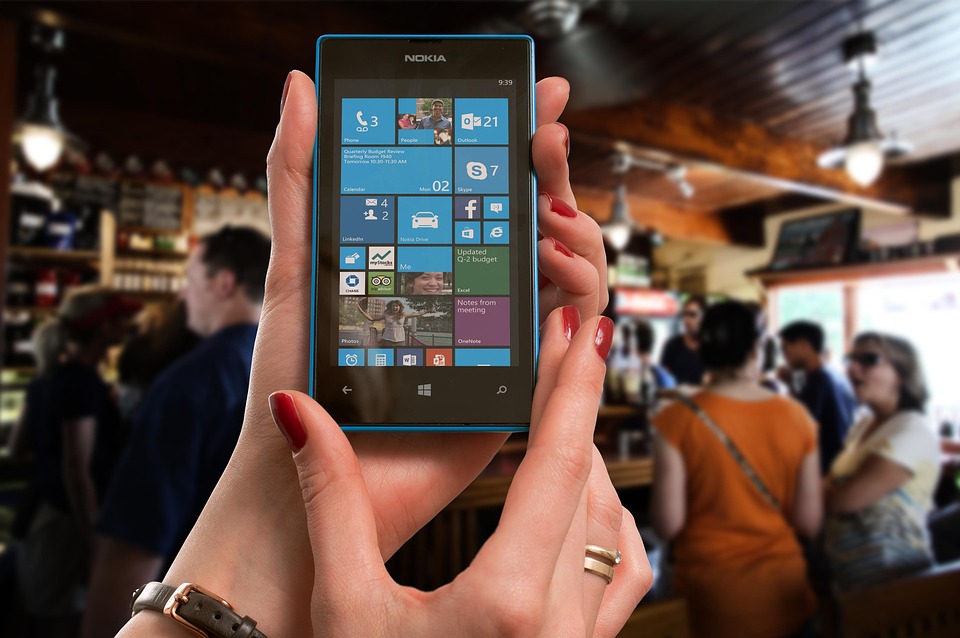In recent years, Microsoft has undergone a transformative journey, repositioning itself as a leader on the global tech stage. With a focus on innovation and sustainability, the company is not just adapting to the ongoing digital revolution; it is actively shaping it. From cloud computing to artificial intelligence, Microsoft’s latest advancements promise to redefine how individuals and organizations harness technology. Here’s a closer look at some of the key innovations that are helping to propel Microsoft—and the world—into a new era of technological advancement.
1. Azure and the Cloud Revolution
Microsoft Azure stands at the forefront of cloud computing, providing businesses with a comprehensive suite of services that streamline operations, enhance collaboration, and drive growth. With its emphasis on hybrid cloud solutions, Microsoft has recognized that organizations need flexibility and scalability. Azure’s capabilities allow companies to manage their data across multiple platforms seamlessly, ensuring that they can adjust to market demands in real time.
The integration of AI and machine learning within Azure further enhances its value. Businesses can leverage predictive analytics to improve decision-making, automate routine tasks, and gain deeper insights into consumer behavior. As organizations increasingly move their operations to the cloud, Azure solidifies Microsoft’s role as a key enabler of digital transformation.
2. Advancements in Artificial Intelligence
Microsoft is investing heavily in AI, seeking to integrate intelligent solutions into its products and services. Whether it’s through natural language processing in Microsoft 365 or the AI-driven capabilities of Dynamics 365, the company is striving to make AI accessible and beneficial for all users.
One of the most exciting developments is the rollout of Copilot, an AI assistant that enhances productivity within Microsoft 365 applications. By providing real-time assistance and suggestions, Copilot empowers users to work more efficiently, sparking creativity and innovation. This demystification of AI ensures that even non-technical users can benefit from advanced technological capabilities.
3. The Metaverse and Mixed Reality
The concept of the metaverse is gaining traction, and Microsoft is uniquely positioned to be a driving force in this emerging space. Through Microsoft Mesh, the company is exploring mixed reality solutions that bridge the gap between physical and digital realms. This innovative platform allows users to collaborate in immersive environments, making remote working experiences more engaging and effective.
By leveraging the capabilities of HoloLens and Azure, Microsoft is making strides towards a future where the metaverse can foster collaboration, creativity, and training across industries from education to healthcare. This vision not only enhances individual experiences but also revolutionizes traditional business models and work practices.
4. Sustainability and Corporate Responsibility
As technology progresses, so does the importance of sustainable practices. Microsoft is taking significant steps toward becoming a carbon-negative company by 2030, committing to reduce its carbon emissions and invest in carbon removal technologies. This ambitious initiative underscores the company’s dedication to not just technological advancements but also to ethical responsibility.
Microsoft’s emphasis on sustainability goes hand-in-hand with its innovations. For instance, Azure’s efficient data centers strive to minimize power consumption and optimize energy use. These initiatives ensure that as businesses leverage cloud technology, they are also making strides toward environmental sustainability.
5. Revolutionizing Education and Workforce Development
Microsoft recognizes that the future of technology is inextricably linked to education and workforce development. Through platforms like Microsoft Learn and partnerships with educational institutions, the company is investing in skills development to prepare the workforce for the digital age.
The introduction of adaptive learning tools and resources ensures that learners can acquire the necessary skills to thrive in an evolving job market. By promoting access to technology and education, Microsoft is not just addressing current needs but is also shaping the future by ensuring that everyone has the opportunity to succeed.
Conclusion
Microsoft is embarking on a new era characterized by groundbreaking innovations that redefine technology’s role in society. From cloud computing and AI integration to sustainable practices and workforce development, the company is committed to shaping a future where technology enhances human potential. As these advancements unfold, it becomes clear that Microsoft is not just a participant in the tech landscape—it is a leader, paving the way for a more connected, efficient, and sustainable world. The journey ahead promises to be exciting, and we can expect Microsoft to remain at the helm of this transformative wave of innovation.



